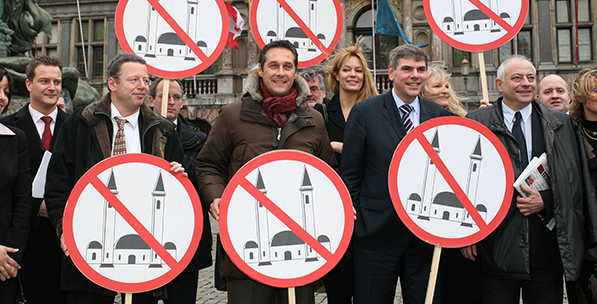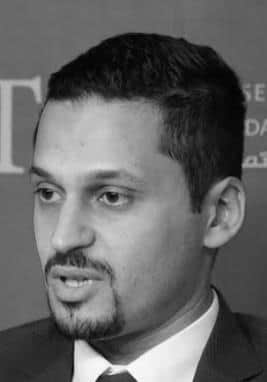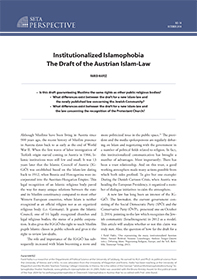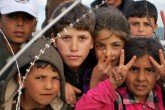Although Muslims have been living in Austria since 900 years ago, the recent history of Muslim presence in Austria dates back to as early as the end of World War II. When the first waves of labor immigration of Turkish origin started coming to Austria in 1966, Islamic institutions were still few and small. It was 13 years later that the Islamic Council of Austria (IGGiÖ) was established based on the Islam-law dating back to 1912, when Bosnia and Hercegovina were incorporated into the Austrian-Hungarian Empire. This legal recognition of an Islamic religious body paved the way for many unique relations between the state and its Muslim constituency compared to most other Western European countries, where Islam is neither recognized as an official religion nor as an organized religious body (i.e. Germany). It grants the Islamic Council, which is one of 16 legally recognized churches and legal religious bodies, the status of a public corporation. It also gives the IGGiÖ the right to teach Muslim pupils Islamic classes in public schools and gives it a right to review law-drafts.
The role and importance of the IGGiÖ has subsequently increased with Islam becoming a more and more politicized issue in the public space. The president and the media spokespersons are regularly debating on Islam and negotiating with the government in a number of political fields related to religion. In fact, this institutionalized communication has brought a number of advantages. Most importantly: There has been a relation of trust. And on this trust, a good working atmosphere made many actions possible from which both sides profited. To give but one example: During the Danish Cartoon Crisis, when Austria was heading the European Presidency, it organized a number of dialogue initiatives to calm the atmosphere.
A new law has long been an interest of the IGGiÖ. The lawmaker, the current government consisting of the Social Democratic Party (SPÖ) and the Conservative Party (ÖVP), presented one on October 2, 2014, pointing to the law which recognizes the Jewish community (Israelitengesetz) in 2012 as a model. This article will analyze whether or not this claim was truly met. Also, the question of how far the draft for a new Islam-law would advance the status of Muslims, if at all, will be examined. Thus, the overall question is: Are Muslims and their religious public corporation, the IGGiÖ, treated equally as other legally recognized churches and legal religious bodies? The relevance of this question is based on a basic assumption: The Austrian Constitution sees equal treatment of all churches and legal religious bodies legal religious bodies as a must according to what is called the ‘Gleichheitssatz’ (rule of equality) and the ‘Paritätsprinzip’ (principle of parity). This perspective aims to study whether this equal treatment is really put into practice or not.




